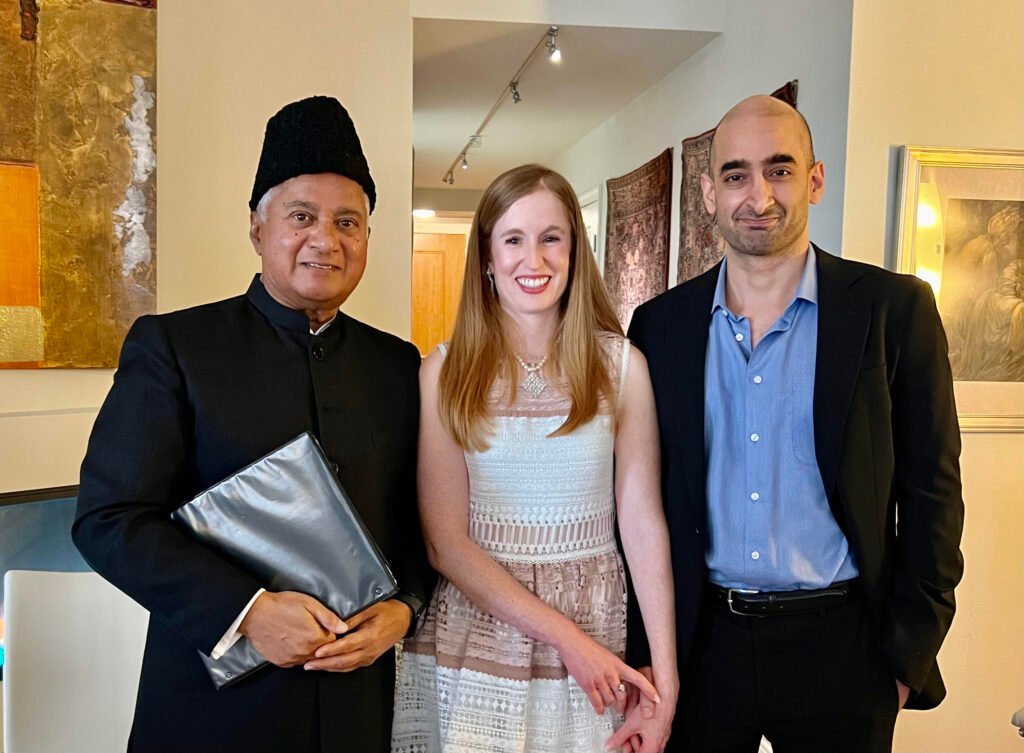Islam, a belief system, was designed to foster inclusive societies where everyone, regardless of race, ethnicity, faith, or culture, could feel secure and at peace. When people embraced this system, they were not required to alter their names, dress, food, or any other cultural practices, emphasizing the inclusivity of Islam.

The fundamental beliefs are:
1) That there is a causer-creator of the universe who is referred to by many names, including God.
2) Everyone should be accountable for his (or her) actions, and no one goes scot-free.
3) He (she) cares about what surrounds him: the entire universe.
Of course, everything we do in life is based on rituals, which are the stepping stones to achieving anything. Islam is no different; it has five pillars, three of which are rituals to imbue equality in our minds, hearts, and souls; one of them is about caring for fellow humans, and the other is a pledge that one believes in God and the prophets, Muhammad (pbuh) being the last prophet for them.
The above is my understanding of verse 62 from Sura Baqarah, chapter 2 of the Quran, supported by the most outstanding contemporary Muslim scholar, Mohammad Asad.
In most interfaith marriages, women wear different costumes per their culture, which is acceptable.
Modesty, a concept deeply influenced by religious beliefs, varies from culture to culture. In most Muslim societies, a full-length abaya (dress), saree, or Shalwar kameez with full-length sleeves is considered modest; however, in Western societies, a sleeveless blouse and knee-length skirt are deemed modest, as opposed to immodest mini-skirts and low cut blouses.
Drs. Fatima and Mike Ghouse
Interfaith Wedding Officiants

